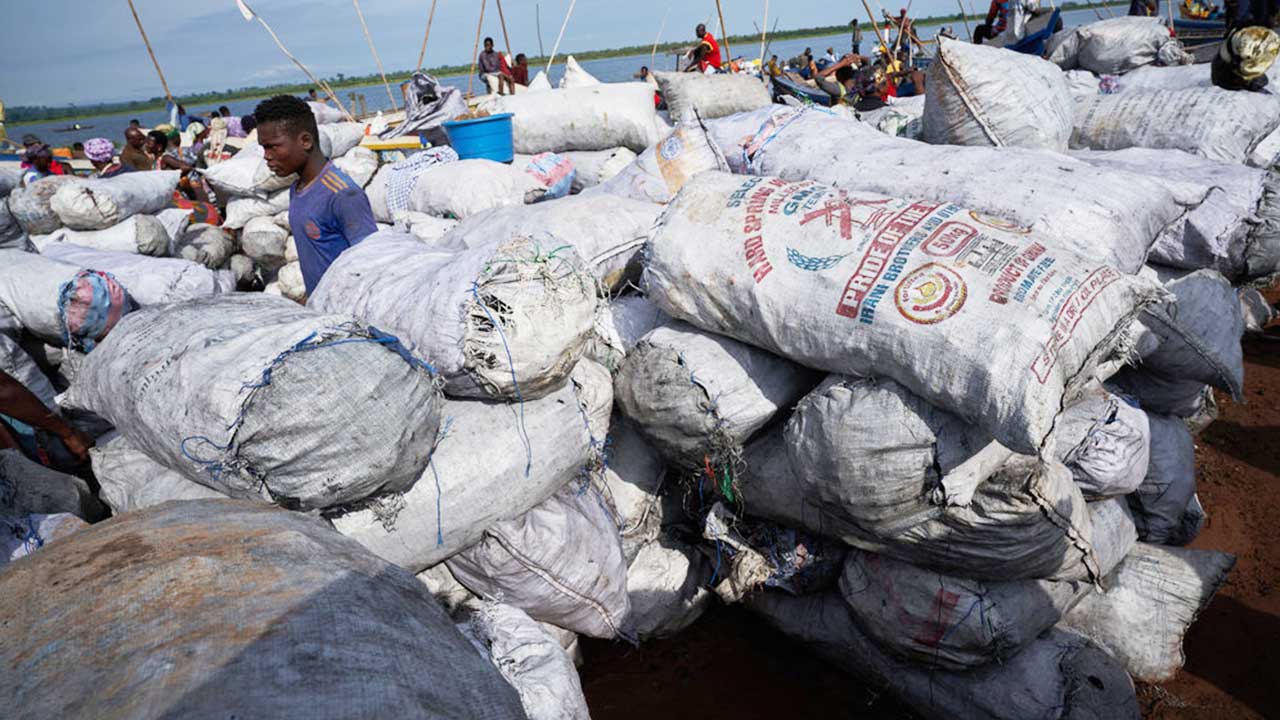Kenya experienced its most peaceful election in the last two decades as incumbent Deputy President William Ruto went up against former Prime Minister Raila Odinga in a closely contested affair. Dr. Ruto was declared president-elect in a decision that is set to be challenged in court by his opponent. As we wait for the verdict, here is a breakdown on Ruto’s past and present activity with relation to climate change.
Climate change is considered by many to right up Dr Ruto’s alley – a man who specialized in plant ecology for his PhD and has also been a constant figure in related areas such as agriculture, being a former minister in that docket; boosting the sector was one of his key campaign pillars.

In his capacity as Deputy President during the Uhuru regime, he was outspoken about the dangers of climate change, reinforcing Kenya’s official government stance and spoke highly of multilateral cooperation with other developing countries during the 9th ACP (Africa, Caribbean, and Pacific) Heads of States Summit held in Nairobi in December 2019.
“People are already feeling the effects of climate change across Africa. Evidence shows that the change in temperature has affected the health, livelihoods, food productivity, water availability, and overall security of our people,” Dr. Ruto famously remarked during the summit.
He was also part of a caucus of leaders from developing countries that demanded serious commitment from rich nations to tackle climate change ahead of last year’s COP 26 climate summit.
The group included Prof Fekadu Beyene, Ethiopia’s Minister for the Environment, Forest, and Climate Change; Pearnel Charles Jr, Jamaica’s Minister of Housing, Urban Renewal, Environment and Climate Change; and Mahdi M. Gulaid, Somalia’s Deputy Prime Minister of Somalia. (Some of those leaders no longer hold those posts after changes in their respective governments).
A political U-turn?
The main bone of contention comes with one of Dr. Ruto’s campaign promises which involved decriminalizing charcoal trade. Charcoal trade was banned in Kenya in 2018 in a bid to help the country achieve the constitutionally mandated 10% forest cover. The move was not popular with everyone as many relied on charcoal for cooking and the trade was booming.
Dr Ruto tried to justify his pledge by saying that he would modernize the process and lay more emphasis on youth-owned and operated briquette-making enterprises which utilized agricultural waste. He also pledged to establish 5 million acres of agroforestry woodlots in drylands to enable farmers to benefit from tree planting.
However, the implications of the lifting of the charcoal ban could prove detrimental to Kenya’s reforestation efforts as well as to Kenya’s commitments to lower carbon emissions by 32 per cent before 2030.
Ruto’s manifesto also mentioned adopting the circular economy for waste management. This has already been in the works during the Uhuru administration with the Sustainable Waste Management (SWM) Bill and Policy (2021) set to be debated by Counties. It provides for the creation of extended producer responsibility schemes as well as a circular economy for the reduction of waste.

The Bill provides for take back schemes and the labeling of products that may cause pollution. It provides for the creation of material recovery facilities in every County as well as the creation of incentives to encourage recycling. Given that Dr Ruto’s Kenya Kwanza alliance gained a majority of influence in a significant number of Counties during the elections, his pledge to a circular economy would more or less be fulfilled if he tacitly commanded his influence to have the bill passed in the Counties.
Overall, Dr. Ruto has previously pledged to modernize agriculture, food security and water infrastructure and generally his ideas are well elaborated in his manifesto and plans. The big question mark is how he will handle the lifting of the charcoal ban and how the potential environmental fallout from that will be managed by his incoming government.

